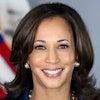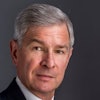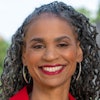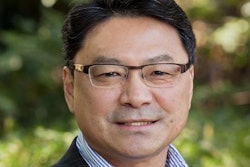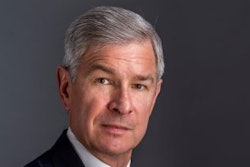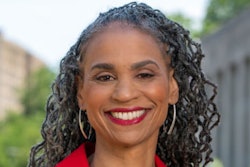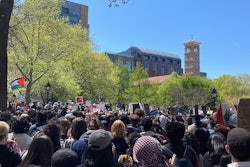Who Speaks for Africa?
Judging by the press coverage, it would seem that Europeans are the only ones concerned about conditions in Africa. But perhaps the media isn’t telling the whole story.
By Michelle Nealy
Called the worst humanitarian crisis in the world, war-induced hunger and disease has killed more than 180,000 people and driven two million from their homes in the Darfur region of western Sudan over the past two years. A number of regional conflicts are driving already poor nations deeper into poverty, and more than 25.4 million Africans are living with HIV/AIDS, adding to the misery.
While national governments and non-governmental organizations struggle to respond to the crisis of African nations, celebrities have used their fame to bring attention and resources to Africa. Leading up to last month’s G8 summit of leading industrial nations in Scotland, the hoopla surrounding the Live 8 concerts led by Irish rock veterans Bono and Bob Geldof set the stage for world leaders to pledge a $50 billion boost in aid to Africa debt relief for 14 African countries.
If one was to believe only what they saw on television, one would think that Europeans are the only ones looking out for Africa, or is it simply that they receive more press coverage?
